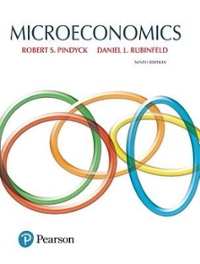Proponents of the push for regionalization have become more emboldened after the ZDDB international crisis that badly hit the Western economies. Asian economic powers would logically want to expand their countries' internal markets and their neighbors' markets, too, as these can protect them from a recurrence of any American or Europeancentric crisis. In recent years, many regional trade agreements creating the free trade areas such as the ACE-TA [also known as China ASEAN Free Trade Area or CAFI'A] and the EAC were signed. The ACFI'A framework agreement was signed in EDIE and came into effect in Zilli}. Under this agreement, "trade between China and six. ASEAN countries has become dutyfree for more than EDD!) products." Meanwhile, ASEAN member nations describe REC as "a major milestone in the regional economic integration agenda in ASEAN, offering opportlmities in the form of a huge market of US$2.15 trillion and over 522 million people." Both serve to facilitate swifter and smoother free trade between China and the ASEAN, and among ASEAN member countries. Critics argue that this is a boon to Philippine exporters, at the very least Why do you think so? Beyond the internet that enables citizens front almost every country to upload and download information, as well as share and reshare it with everyone, improvements in the transportation systems [and a relatively cheapening of prices) also contribute to the exponential growth of intercontinental travel and tourism malcing genuinely shared cultural experiences possible for many people. A middleclass Filipino professional can easily book a flight to Singapore to have Hainanese chicken for breakfast, to Malaysia to eat mee goreng [fried noodles] for lunch, and head back to Manila to order a burger from a local fastfood restaurant or Korean noodles for dinner all in a day. Meanwhile, elderly Filipino citizens can also easily go to a pilgrimage to Israel or the 1t-"atican, through the convenience of the everpresenttravel agencies. Partnerships between telecommunication rms here and abroad have also allowed migrant workers and their families to have cheap access to texts, calls, and video chats on a more regular basis. Innovations in technology and transportation globalised almost everything from languages to cultures, from lms to religion, from food to politics. Do you think this will lead to cultural homogenisatio n? Why or why not








